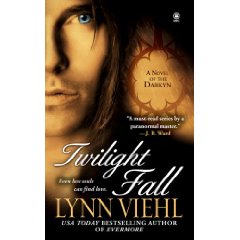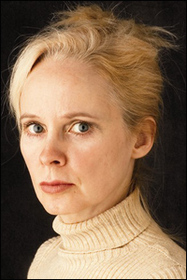You may have heard about author Lynn Viehl’s post about how much–or rather, how little–she earned on her New York Times mass market bestseller Twilight Fall. Viehl analyzed her royalty statement and came to a sobering conclusion:

My income per book always reminds me of how tough it is to make at living at this gig, especially for writers who only produce one book per year. If I did the same, and my one book performed as well as TF, and my family of four were solely dependent on my income, my net would be only around $2500.00 over the income level considered to be the U.S. poverty threshhold (based on 2008 figures.) Yep, we’d almost qualify for foodstamps.
The post caused quite a flurry. How could a NYT bestselling author not earn enough to make a living? Agent Nathan Bransford did some estimation on the publisher’s possible costs and offers a different perspective:
At the end of the day, on all books that turn out profitable the publisher is going to earn more of the profit than the author barring a revenue share type of model where the author isn’t paid up front. After all, they put up the advance and the production costs, and the risk on any given book is exclusively theirs – while of course a book not selling can hurt an author’s career, they don’t have to pay back the advance or the amount the publisher lost.
But if you’re like me, one phrase from Viehl’s post stood out:
My income per book always reminds me of how tough it is to make at living at this gig, especially for writers who only produce one book per year. [my emphasis]
Now, I was never in this profession for the money, but the thought of publishing one book a year boggles my mind. The average for most writers has to be much less than that–and the sad truth is that most books won’t be bestsellers. So, about that day job…




